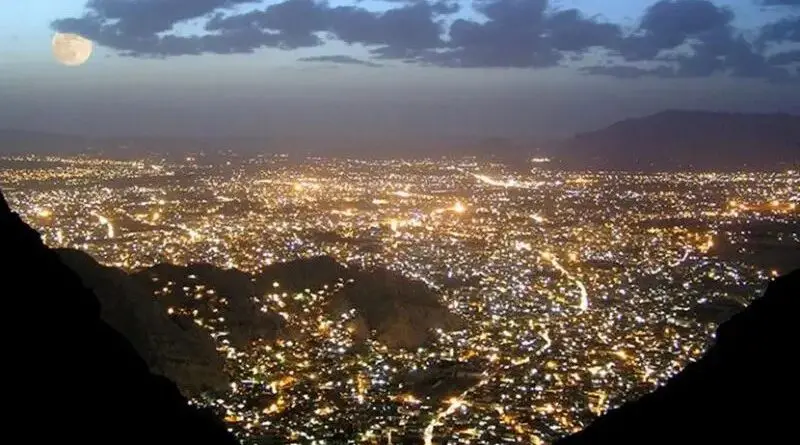Frigid Crisis: Quetta’s Winter Struggle – OpEd
By Hamza Nasir
As winter blankets Quetta with its icy embrace, citizens find themselves facing an increasingly grim reality — a critical shortage of gas pressure that not only makes survival challenging but compounds difficulties in cooking daily meals. The issue has been exacerbated by illegal and risky usage of compressors. This multifaceted challenge demands immediate attention and collaborative solutions to ensure the well-being and safety of Quetta’s residents.
The shortage of gas pressure during winter is not a novel predicament for Quetta, but this year’s severity has transformed routine activities, particularly cooking, into a daily struggle. For households across the city, the simple act of preparing meals becomes a daunting task as the scarcity of gas pressure collides with the harsh winter conditions.
Gas pressure drops significantly in areas like Kharotabad, Pashtunabad, Saryab, Nawa Killi, and other Places during the evening and early morning.
This sudden drop causes severe cold, making it tough for residents, especially for vulnerable groups like children women and the elderly. This gas pressure issue has made life harder for residents, especially with the hard cold weather.
Unfortunately, the situation is not getting better because it seems like the government is not doing much about it. Despite the obvious problems, the government is not taking active steps to fix the gas pressure.
This challenge is worsened by the increasing use of compressors, an illegal practice that many residents resort to out of sheer necessity. Faced with the harsh reality of inadequate gas pressure, citizens opt for makeshift solutions to secure a more robust supply for heating and cooking. While this may offer temporary relief, it comes at a considerable cost — jeopardizing individual safety and putting additional strain on the city’s already stretched gas infrastructure.
The heightened usage of compressors introduces new risks, from potential accidents to leaks and even explosions, posing an immediate threat to the safety of residents. The adoption of these makeshift devices reflects not just the urgency of a pressing need but also a symptom of deeper systemic issues that demand comprehensive and immediate resolution.
To address this multifaceted challenge effectively, a dual-pronged approach is necessary. Immediate measures should involve targeted interventions to augment gas pressure and distribution during the winter months. Investments in the expansion and enhancement of the gas infrastructure are crucial to ensuring a consistent and reliable supply that caters to the needs of all citizens.
Simultaneously, public awareness campaigns play a pivotal role in educating the community about the dangers associated with illegal compressor usage. Stricter regulations and penalties must be implemented to deter individuals from resorting to unsafe practices, underscoring the paramount importance of public safety in the face of adversity.
A forward-thinking strategy involves exploring alternative energy sources to mitigate the impact of the gas shortage. Renewable energy options, such as solar-powered cooking solutions, present sustainable alternatives that can reduce the city’s reliance on gas and pave the way for a more resilient energy landscape.
The winter challenges confronting Quetta are unmistakably characterized by pressing issues such as gas shortages and the unauthorized proliferation of compressors. Considering these difficulties, there is an urgent call for attention and the formulation of collaborative solutions. It becomes imperative for the authorities to engage in a cooperative effort with the community, collectively delving into the root causes of this crisis.
The primary objective is to ensure that the residents of Quetta are equipped to endure the winter months with a sense of dignity, safety, and the confidence of having a consistent and reliable energy supply. Achieving this goal necessitates a multifaceted approach that not only addresses the immediate challenges faced by the community but also integrates sustainable, long-term solutions. By striking a balance between providing immediate relief and implementing measures for lasting improvement, the authorities can effectively uplift the overall quality of life for all residents.

